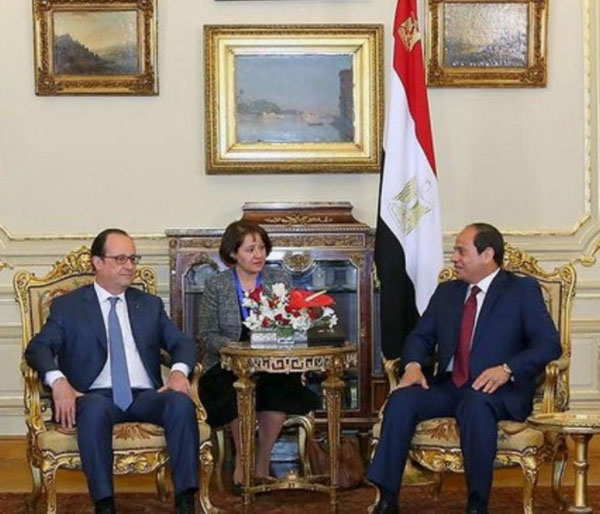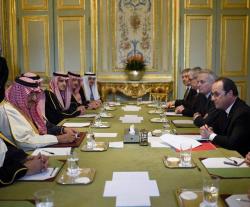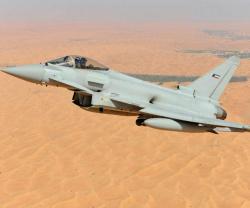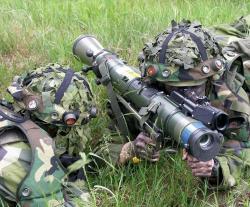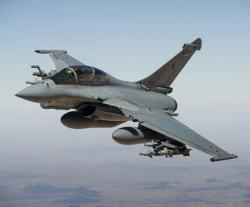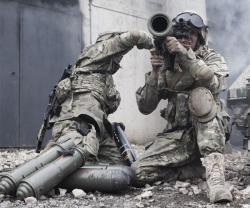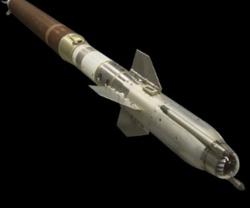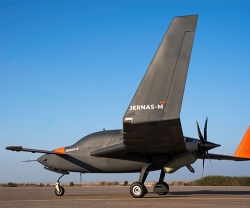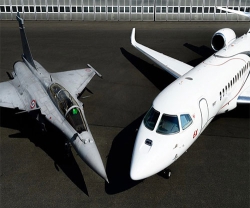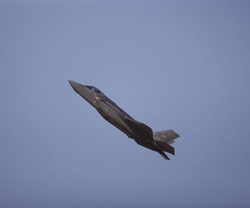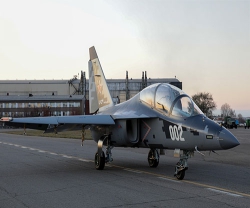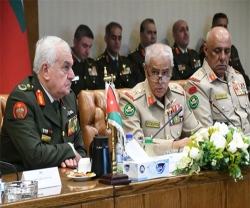France signed several deals worth about 2 billion euros ($2.26 billion) with Egypt during a visit by French President Francois Hollande to Cairo, the French President’s office said on Monday.
The deals included a satellite communications contract agreed upon following discussions between the two Presidents and their Defense Ministries, the Elysée said.
The military telecommunications satellite is expected to be built by France’s Airbus Space Systems and Thales Alenia Space.
French energy Engie firm said earlier that it also signed LNG and renewable energy contracts during the visit.
On Saturday, French President Francois Hollande pledged financial and military support for Lebanon and urged politicians to end the political crisis by electing a President as soon as possible, at the start of his four day regional tour covering Lebanon, Jordan and Egypt.
Hollande vowed to step up assistance for Syrian refugees in Lebanon, pledging 50 million Euros this year and 100 million Euros over the next three years to cope with the humanitarian crisis.
Hollande’s Beirut visit came just weeks after Saudi Arabia cut $3 billion in military aid to Lebanon, where violence has repeatedly spilled over the border from the brutal Syrian civil war since it began in 2011.
Hollande promised “immediate aid to strengthen Lebanon’s military capacity” to protect its people.
“We will work to provide immediate assistance to strengthen the military capability of Lebanon, specifically to combat terrorism but also to confront other threats,” he said after meeting Prime Minister Tammam Salam and Parliament Speaker Berri.
Hollande said France’s Defense Minister, who travelled with him, would assess the “material means that can be put at Lebanon’s disposal to ensure its security”, without giving further details.
The Lebanese military has recently received additional support from both the United States and Britain as it seeks to defend the porous border with volatile Syria. The army is carefully balanced among the country’s sectarian groups and is widely seen as the backbone of the weak Lebanese state.

